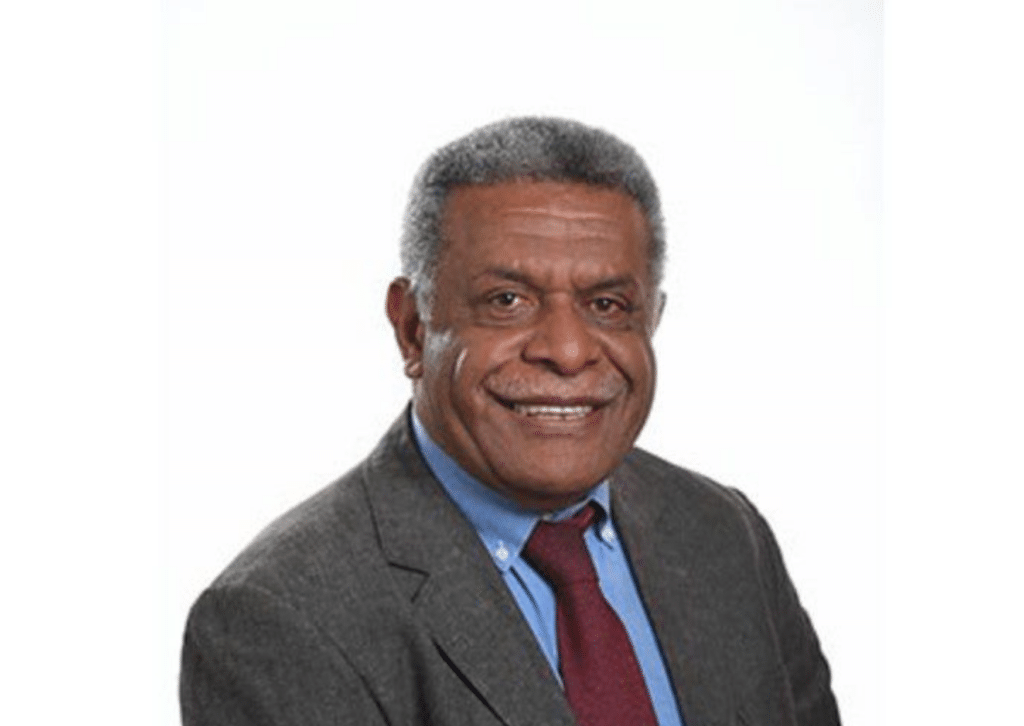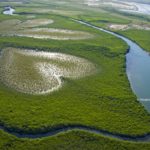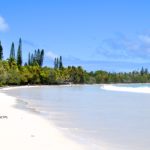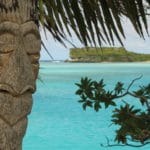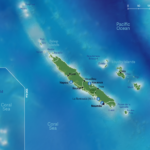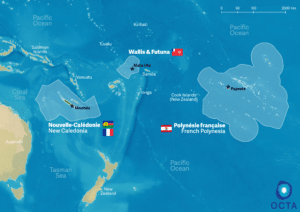New Caledonia has a special “sui generis” status as defined by Title XIII of the French Constitution, which provides for an organisation adapted to its own identity constituting an original model, invented to define a shared sovereignty with France. The organisation of New Caledonia is laid down in Organic Law No 99-209 of 19 March 1999, arising from the Noumea Accord. Its citizens are French citizens.
New Caledonia’s institutions are: the Congress, the Government, the Customary Senate, the Economic, Social and Environmental Council and the Customary Councils. France is represented by the High Commissioner of the Republic.
New Caledonia is further divided into three provinces:
- the northern province;
- the Loyalty Islands province;
- the southern province.
In New Caledonia, the State is competent in the matters listed exhaustively in Article 21 of the Organic Law, and in particular the control of immigration and foreigners, money, the Treasury, foreign exchange, national defence, justice, the civil service of the State, the maintenance of law and order and higher education and research.
The High Commissioner of the Republic is the depository of the powers of the Republic and represents the Government. New Caledonia shall be represented in Parliament and in the Economic and Social Council of the Republic under the conditions laid down by the organic laws.
The Congress of New Caledonia is made up of part of the members of the 3 provincial assemblies (32 members, 15 members and 7 members respectively), i.e. 54 members. The Congress is the deliberative assembly of New Caledonia which holds the legislative power.
The Government of New Caledonia is elected by Congress for a 5-year term and is the executive of New Caledonia.
The Customary Senate, the Customary Councils and the Economic, Social and Environmental Council (CESE) are the other institutions of New Caledonia. The first two are consulted on texts relating to Kanak identity, and the EESC on economic, social and cultural matters.
The three provinces, South, North and Loyalty Islands, are constituted as provincial assemblies (40 members, 22 members and 14 members respectively) and are elected by universal suffrage for a period of five years and have competence in all sectors not attributed by law to the State, New Caledonia and the communes.
The provinces and communes of New Caledonia are territorial communities of the Republic. They are freely administered by assemblies elected by direct universal suffrage.
